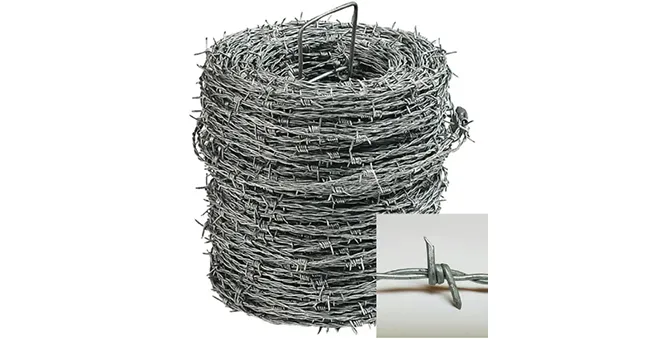-
 Phone:
Phone: -
 Email:
Email:

Exploring the Uses and Advantages of Tie Wire Steel in Construction and Industrial Applications
Understanding Tie Wire Steel Applications, Benefits, and Characteristics
Tie wire steel is a crucial material in the construction and manufacturing industries, playing an essential role in various applications. Fabricated from high-quality steel, tie wire is primarily designed for tying and binding purposes. Its versatility makes it an indispensable component in activities ranging from construction to crafting. This article explores the characteristics, applications, and benefits of tie wire steel.
Characteristics of Tie Wire Steel
Tie wire steel is typically made from low-carbon or mild steel, which provides a balance of strength and flexibility. The wire is generally available in different gauges, allowing for a range of tensile strengths suitable for various applications. One of the noteworthy features of tie wire is its malleability; it can easily be bent and shaped without breaking, making it ideal for tying and securing objects. The steel is also resistant to corrosion, especially when galvanized, thus enhancing its longevity and suitability for outdoor applications.
Applications of Tie Wire Steel
1. Construction Industry Tie wire steel is extensively used in the construction sector for reinforcing concrete structures. It is often employed in tying rebar (reinforcing bar) together, which adds strength and stability to concrete beams and slabs. This process is vital for ensuring the durability and integrity of buildings and bridges.
2. Farming and Agriculture In agricultural settings, tie wire is commonly used to support plants, create trellises, and secure fencing. Its strength ensures that it can withstand the weight of heavy crops or the pressure from fences against animals. Farmers also use tie wire for bundling hay or other materials, facilitating easier transportation and storage.
3. Manufacturing and Crafting Within the manufacturing domain, tie wire is often employed for creating and assembling metal components. It may be used in producing wire mesh or creating structures that require binding. Crafters also utilize tie wire for making floral arrangements, sculptures, and various DIY projects, benefiting from its flexibility and ease of use.
tie wire steel

4. Electrical Industry Tie wire can be useful in the electrical sector for bundling and organizing cables. Its ability to handle wear and tear makes it an effective solution in preventing tangles and ensuring that electrical installations remain neat and accessible.
Benefits of Tie Wire Steel
The benefits of tie wire steel are numerous. Firstly, its strength-to-weight ratio is impressive, allowing for robust binding without adding unnecessary bulk. This is particularly advantageous in construction, where every ounce counts in the overall design and structural integrity of a project.
Moreover, tie wire is cost-effective. Compared to alternative materials, the relatively low price of tie wire steel makes it an economical choice for both large-scale construction projects and small-scale crafts. Its availability in various gauges means that users can select the most appropriate wire for their specific needs, further enhancing its cost-efficiency.
Additionally, the ease of use associated with tie wire steel cannot be overlooked. It can be cut to desired lengths and fashioned into various shapes with minimal tools, making it accessible for both professionals and DIY enthusiasts. The binding process requires only basic skills, democratizing its use across different expertise levels.
Conclusion
In conclusion, tie wire steel is a versatile material with a wide array of applications across various industries. Its strength, flexibility, resistance to corrosion, and cost-effectiveness make it an invaluable asset in construction, agriculture, manufacturing, and crafting. As industries continue to evolve, the demand for reliable materials like tie wire steel will undeniably remain strong, supporting sound structural practices and innovative projects alike. Understanding its properties and applications can help users harness its full potential, ensuring efficiency and effectiveness in their endeavors.
-
Wire Mesh for Every Need: A Practical SolutionNewsJul.25,2025
-
Steel Fences: Durable, Secure, and Stylish OptionsNewsJul.25,2025
-
Roll Top Fencing: A Smart Solution for Safety and SecurityNewsJul.25,2025
-
Cattle Farm Fencing Solutions for Maximum SecurityNewsJul.25,2025
-
Affordable Iron Binding Wire SolutionsNewsJul.25,2025
-
Affordable Galvanized Wire SolutionsNewsJul.25,2025
-
Wire Hanger Recycling IdeasNewsJul.25,2025








